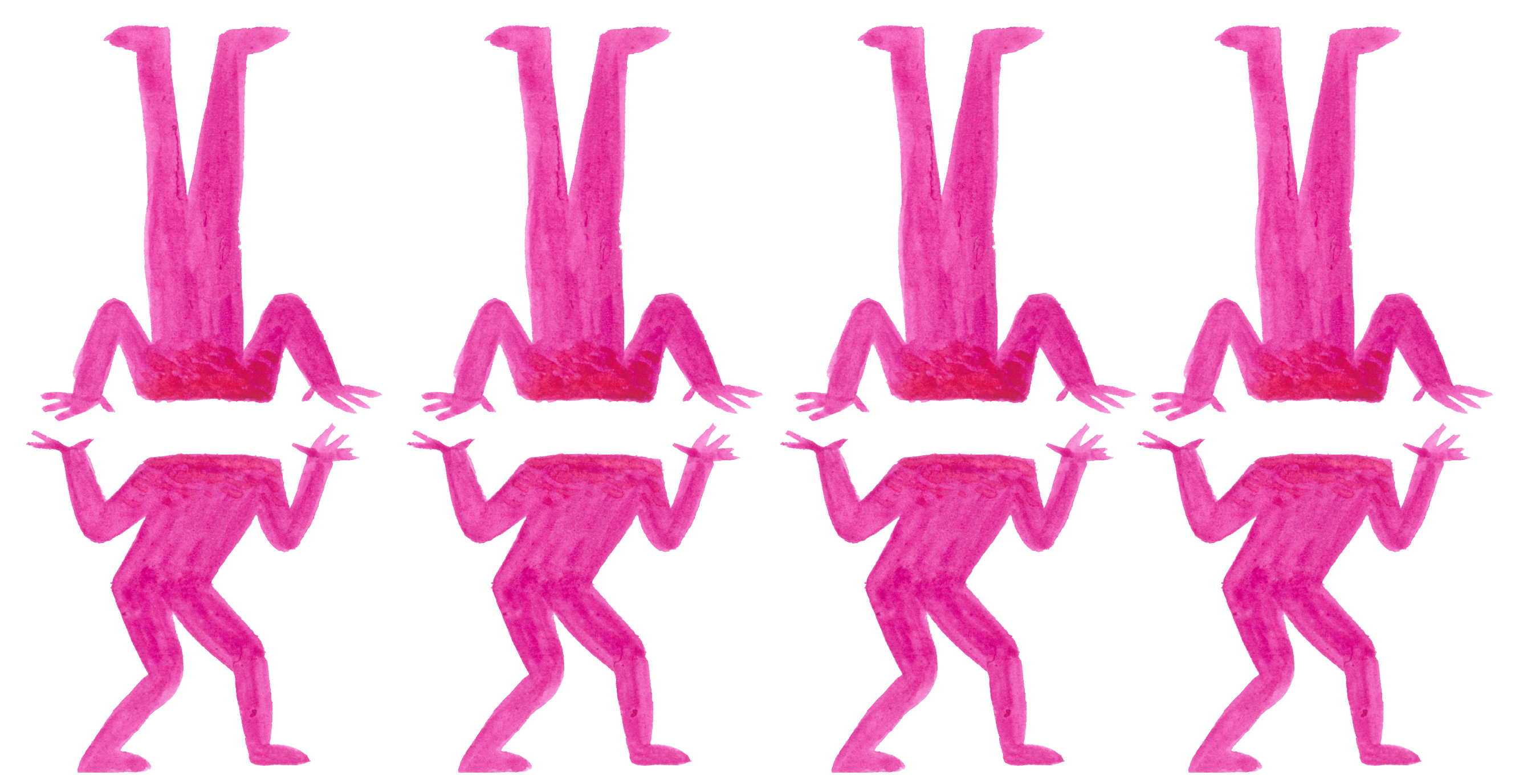When I was a small child, six years old with a head full of dreams, I decided I wanted to be an artist when I grew up.
No, start that again.
When I was a small child, about six years old, I decided I wanted to be a bear when I grew up. But I was told I was a human, and couldn’t be a bear, so I decided to be an artist instead.
Even so there seemed to be a problem with this.

Most artists I learned about at school were men. I fell in love with the work of Renaissance painters like Giotto, Fra Angelico. I loved their colours and their line. Even more I loved the work of medieval manuscript artists, often anonymous, especially their marginalia.

And it seemed that writers too, with the exception of Jane Austen, who wrote about domestic subjects, and the Brontës, who adopted male pseudonyms, were all men.
I wasn’t a man.
Recently I had a conversation with a man who wanted to know about my work. He began by asking me if it was ‘collectable’. I answered that I would never advise anyone to invest in my work unless they really loved it, but that it was known to be magnetic, as when people begin to buy they rarely stop at one. He showed me his collection of Damien Hirsts and Andy Warhols and the rest, all pieces with the common denominator of being by ‘collectable’ male artists. He asked me how long it took me to produce one of my paintings and I replied, ‘Anything from half an hour to a month, rarely longer. And fifty-six years.’
‘So we’ll just say half an hour to a month then, shall we.’ (Not so much a question as a statement.)
‘No. We won’t,’ I answered. I was about to tell him that I did not emerge bloody and wet from my mother’s womb with a paintbrush in my hand and the ability to paint the artwork from The Lost Words at one day old. I was about to tell him that I had learned over all my years to move paint in ways that sometimes worked to express ideas. But we were having supper and I didn’t want to put him off his food with graphic descriptions of birth and bodily fluids.
Also, I knew that this wouldn’t make my work any more ‘collectable’ for him.
 I was the first in my family to go on from school to further education. The only time I was ever hauled before the headmaster was for him to ask about this ‘nonsense’ of me wanting to go to art college. He pointed out that no one makes a living as an artist. It’s a hobby, not a profession. And girls only went to art college in order to find a husband. It flashed through my young mind that these girls were possibly hunting in the wrong place then, for if what he said was true they would need to get a job so their husband could paint. I had already decided that I could work part-time, to support my ‘hobby’ of colouring in, if necessary. But there seemed to be another implication in his warning. Art was not for the likes of me, be that because of gender or class. It was for other people.
I was the first in my family to go on from school to further education. The only time I was ever hauled before the headmaster was for him to ask about this ‘nonsense’ of me wanting to go to art college. He pointed out that no one makes a living as an artist. It’s a hobby, not a profession. And girls only went to art college in order to find a husband. It flashed through my young mind that these girls were possibly hunting in the wrong place then, for if what he said was true they would need to get a job so their husband could paint. I had already decided that I could work part-time, to support my ‘hobby’ of colouring in, if necessary. But there seemed to be another implication in his warning. Art was not for the likes of me, be that because of gender or class. It was for other people.
I ignored that man who should have opened the world out for me and instead tried to close it down. I went to college and, as I trained, I moved towards illustration – realizing how prevalent image is in our society, feeling that there was work out there for me, if I could just catch the right eyes. I learned of Artemisia, who also painted during Renaissance times, of Frida Kahlo, with eyebrows to envy and a wicked brush, of Leonora Carrington, of Barbara Hepworth. I discovered the beautiful art of people from all around the world and fell in love with Inuit sculpture, Australian Aboriginal art. I’d always loved cave paintings, those early images made by early peoples. How I laughed when a recent article suggested that some might ‘even have been made by women’. It had never occurred otherwise to me.
Fifty years on, I know it is possible to make a living as an artist. But I wish I could go back and talk to my younger self, the self so terrified of having children in case it meant I would never paint again, to tell her that it is possible to do both. I wish I could go back and tell those mostly men who told me I couldn’t to get out of my way.
And, fifty years on, I wonder if it might after all have been possible for me to be a bear, if I had just been allowed to believe in that ambition.

